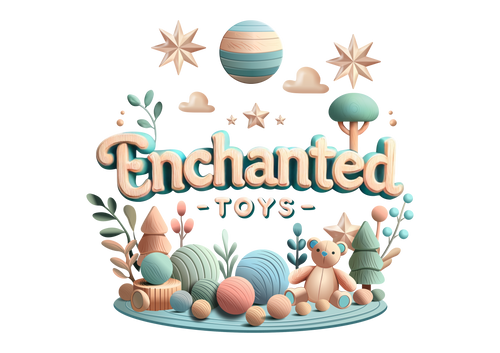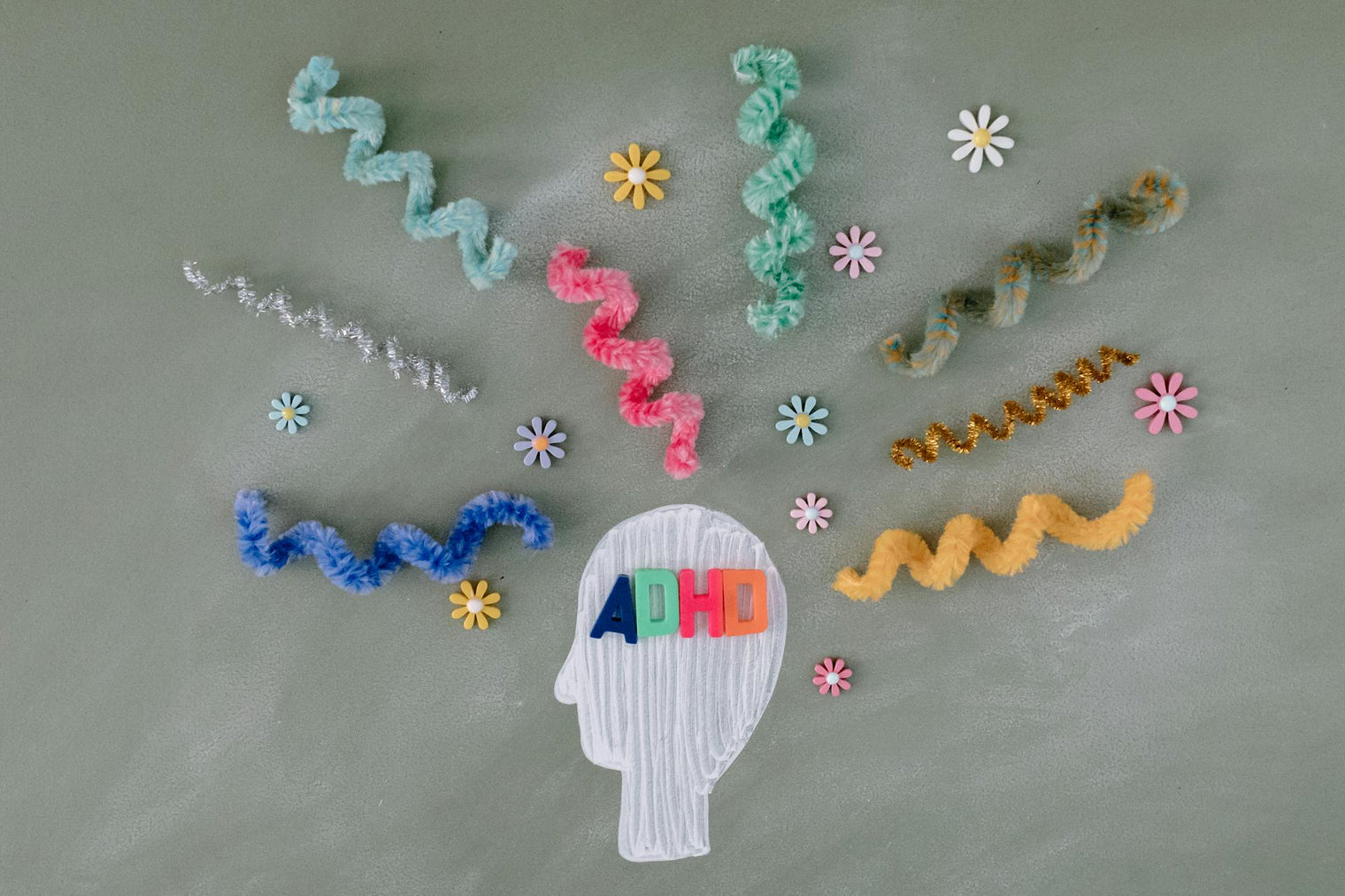For kids with ADHD, movement isn’t just play—it’s a powerful tool for focus, emotional regulation, and learning. Whether bouncing on a mini trampoline or fidgeting with a sensory toy, active play helps boost dopamine levels and improve attention. By choosing the right toys, we can harness energy in a way that supports concentration and self-regulation.
Introduction
For children with ADHD, sitting still can feel impossible—but movement isn’t a distraction; it’s often the key to better focus, emotional regulation, and learning. Playtime is a fantastic way to help children with ADHD channel their energy productively.
Why Movement is Essential for Kids with ADHD
- Boosts Dopamine Levels – ADHD brains have lower dopamine levels, but movement-based play helps increase this "feel-good" chemical, improving focus.
- Enhances Emotional Regulation – Physical play helps release pent-up energy, reducing impulsivity and frustration.
- Improves Focus & Learning – Movement-based activities activate both sides of the brain, helping kids process information better.
- Supports Executive Functioning – Activities that require planning and coordination (like obstacle courses) help strengthen problem-solving and decision-making skills.
Best Types of Toys for Kids with ADHD
- Balance Boards & Rocker Toys – Engage core muscles while helping with focus.
- Fidget & Stretch Toys – Provide subtle movement without being disruptive.
- Mini Trampolines & Exercise Balls – Offer a healthy outlet for energy indoors.
- Active Games & Sports Equipment – Encourage movement while improving coordination.
- Building & Construction Toys – Stimulate focus while allowing movement between tasks.
How to Make Playtime Work for ADHD Kids
- Encourage Movement Breaks – Short bursts of movement help reset attention.
- Create Play Routines – Structure helps ADHD kids transition between activities.
- Choose Toys That Allow Active Engagement – The best toys are those that let kids move while playing.
- Allow Outdoor Play as Much as Possible – Fresh air and physical movement work wonders for focus and emotional balance.
Final Thoughts
Movement isn’t a distraction—it’s a tool. By incorporating active play into a child’s routine, we can help children with ADHD feel more in control, focused, and happy while they play and learn.

